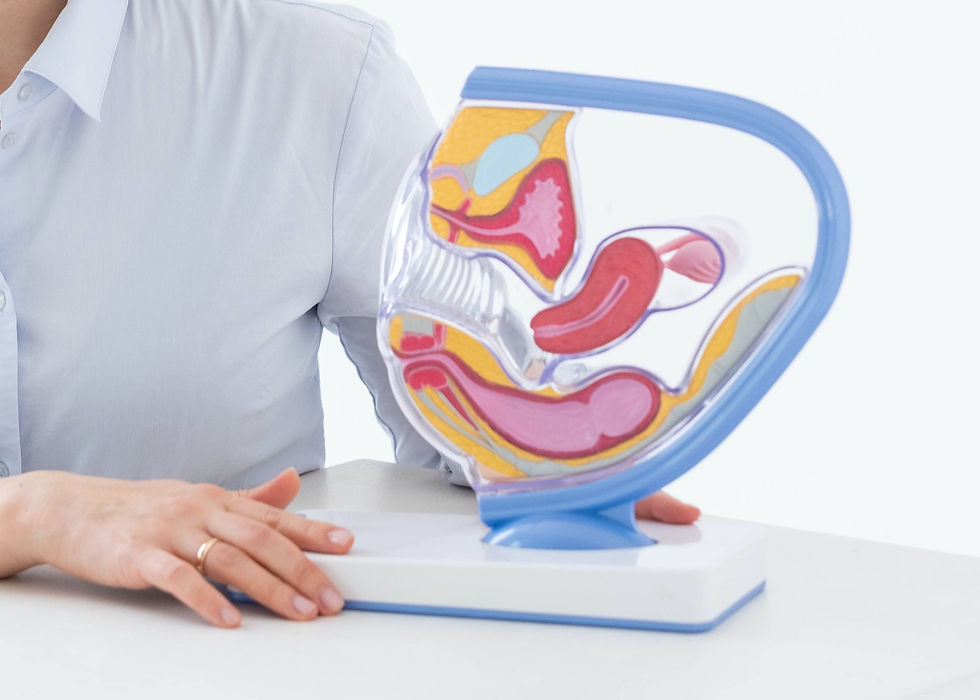COVID-19 and Mental Health
- Alan Frischer, MD, MPH

- Feb 12, 2021
- 2 min read
Here’s a news flash: Pandemics are stressful! Fear and anxiety about disease can be overwhelming. Public health measures like masks, social distancing, and staying at home make us feel isolated and lead to significant loneliness. Loneliness, in turn, results in yet more stress and anxiety. The effect of the pandemic on the economy and jobs is unbalanced and unjust. Throw a higher level of drug and alcohol use into the mix, and we now face a mental health crisis.
On top of that, it appears that the physiological effects of the COVID-19 illness itself lead to mental health issues as well. Let’s think of this COVID-related stress as having two sources: Psychological issues due to the pandemic, and physiological effects caused by the disease itself.
Within 90 days of a COVID diagnosis, researchers at Oxford found that nearly 6% of adults developed a psychiatric disorder for the first time ever. Conditions included anxiety, insomnia, depression, and post-traumatic disorder, and older adults with COVID also had two to three times the risk of developing dementia. Once ill, we have limited guidance as to how to manage the disease, lifestyle, and isolation. We experience fear about spreading a life-threatening disease to loved ones, and of course guilt should that happen. Battling the disease can be taxing and traumatic. Symptoms may persist for a very long time, resulting in a group of patients known as “long-haulers.”
COVID-19 is not only a respiratory disease, but also one that can reach other critical organs, including the brain. Patients frequently experience neurological complications, such as confusion, dizziness, delirium, and other cognitive impairments. There is no clear understanding as to the mechanism for how this happens; it’s possible that the virus causes damage to the brain’s blood supply, and leads to swelling of brain tissue. COVID also disturbs our circadian rhythms and impairs sleep, which can lead to insomnia, making psychiatric symptoms even worse.
There is precedence for this impact on mental health. Other viral illnesses have been known to do this: SARS and MERS, two other life-threatening coronaviruses, have led to delirium, anxiety, depression, mania, insomnia, and memory loss. And, any virus that attacks the central nervous system can lead to hypoxic brain injury.
Conversely, those with preexisting psychiatric disorders may actually be more prone to developing COVID-19. Although there is as of yet no full explanation, being highly anxious and/or depressed could make us more susceptible to the physical illness.
This is a new disease, and we understand so little. Research is actively being conducted. In the meantime, pay close attention to both your physical and mental health. Make efforts to build a network of support for yourself, and don’t hesitate to consult with your medical professionals for your physical as well as for your mental and emotional health needs.


